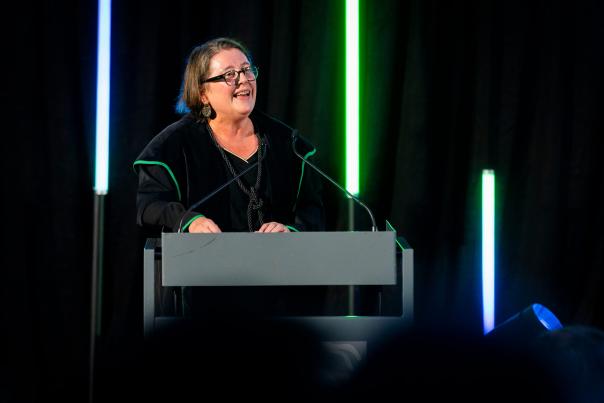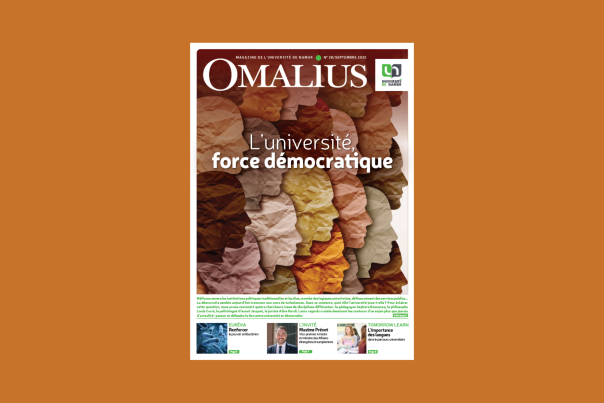So, the question is whether those in power are really integrating these citizen processes into their political decisions. "In politics, things change slowly. So it's not surprising that we're not seeing major reforms in the short term. But that doesn't mean the results aren't taken into account," nuances the political scientist. In some cases, the recommendations of citizens' assemblies feed into public policy. In others, they go unheeded. He points out, however, that the lack of impact has less to do with a desire for manipulation on the part of elected officials, than with the fact that participation is thought of alongside decision-making circuits.
To strengthen their impact, three levers are identified by the researcher:
- Inscribe assemblies over time to feed public action over the long term.
- Define upstream the timetable and the way in which decisions will be made in relation to citizens' recommendations.
- Guarantee support for the recommendations by politics or civil society.
The Irish example is often cited. Citizens' assemblies paved the way for referendums on marriage for all and abortion. "It was the interaction between the deliberations of an assembly drawn by lot, social mobilization and the organization of a referendum that enabled these reforms to be carried through."
A reminder that these devices do not replace representative democracy, but can enrich it, provided they do not remain at the symbolic stage.


